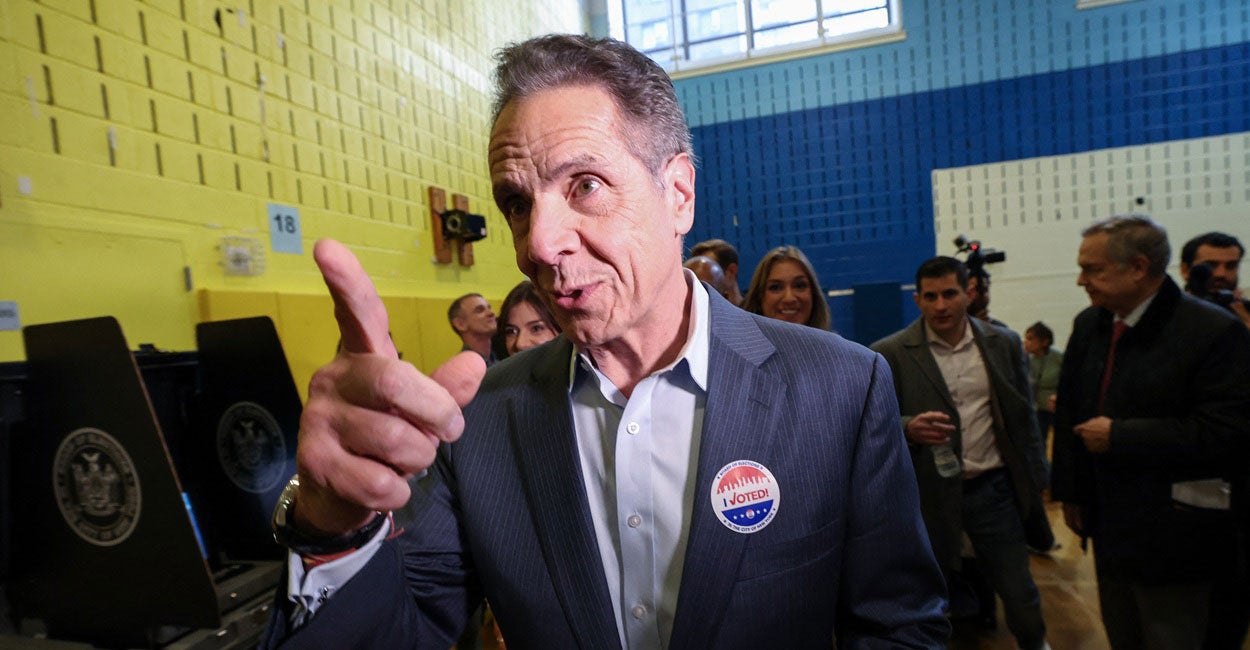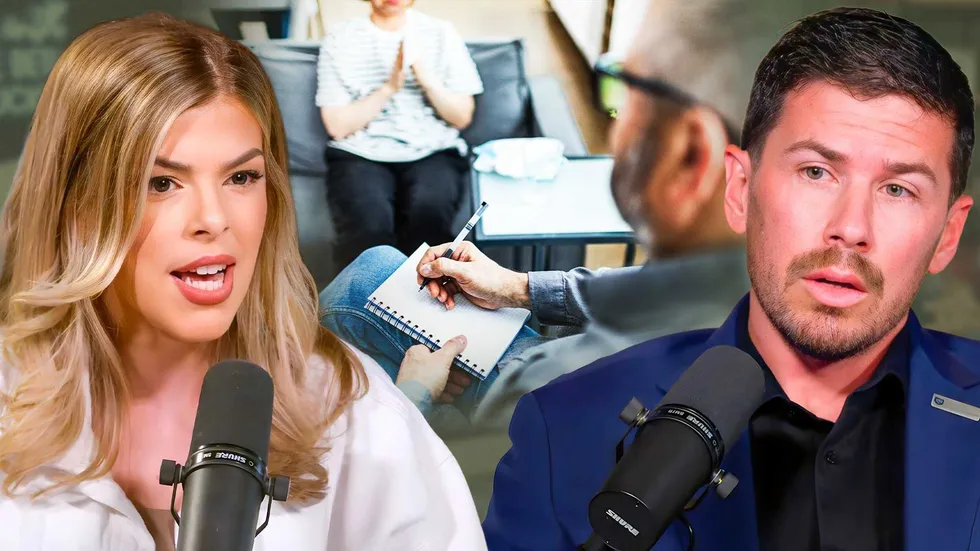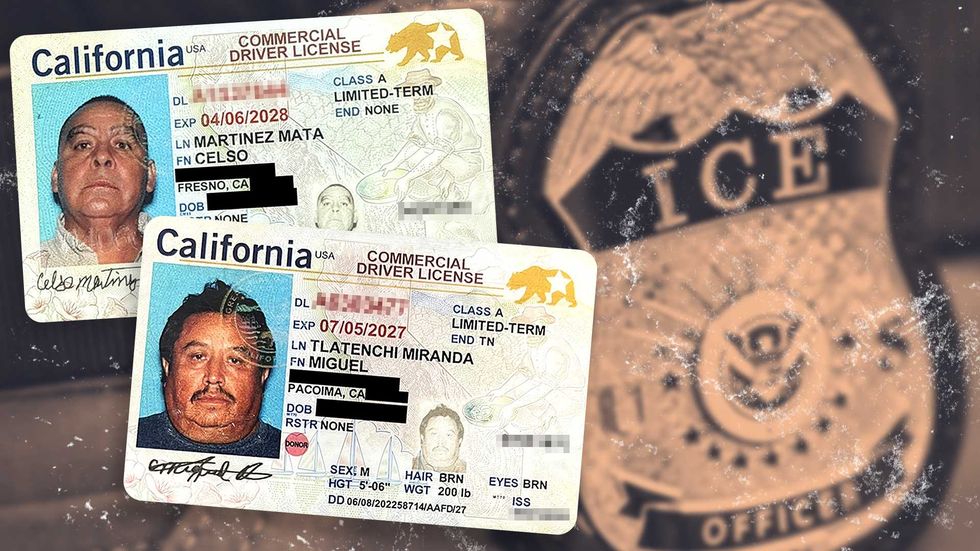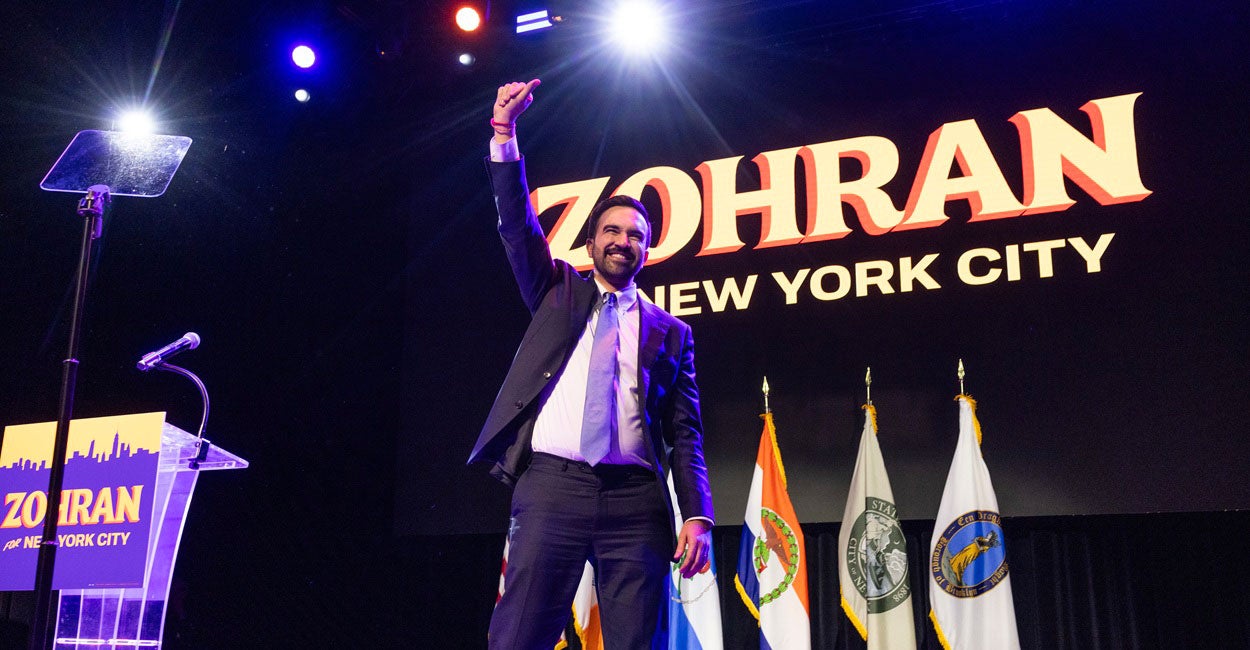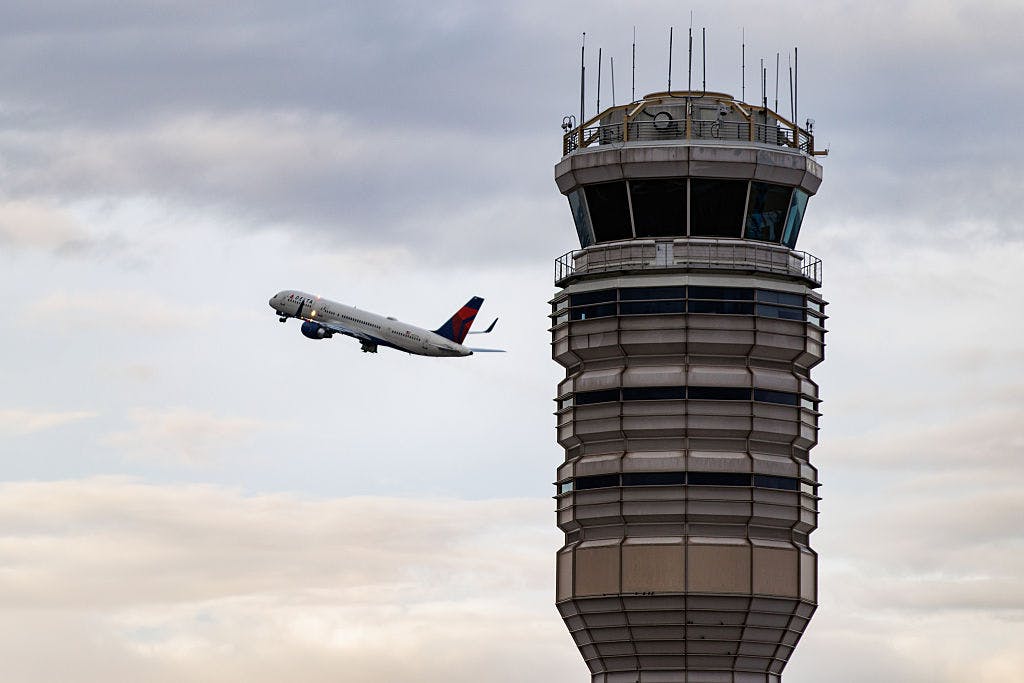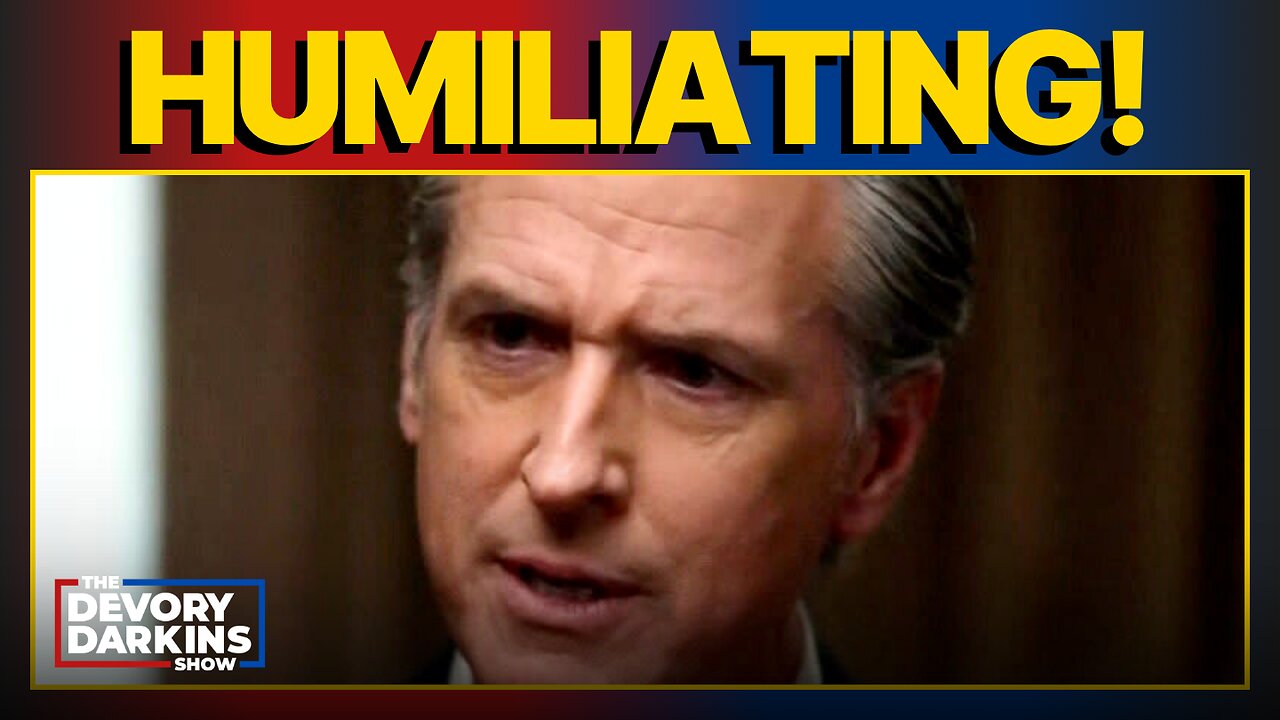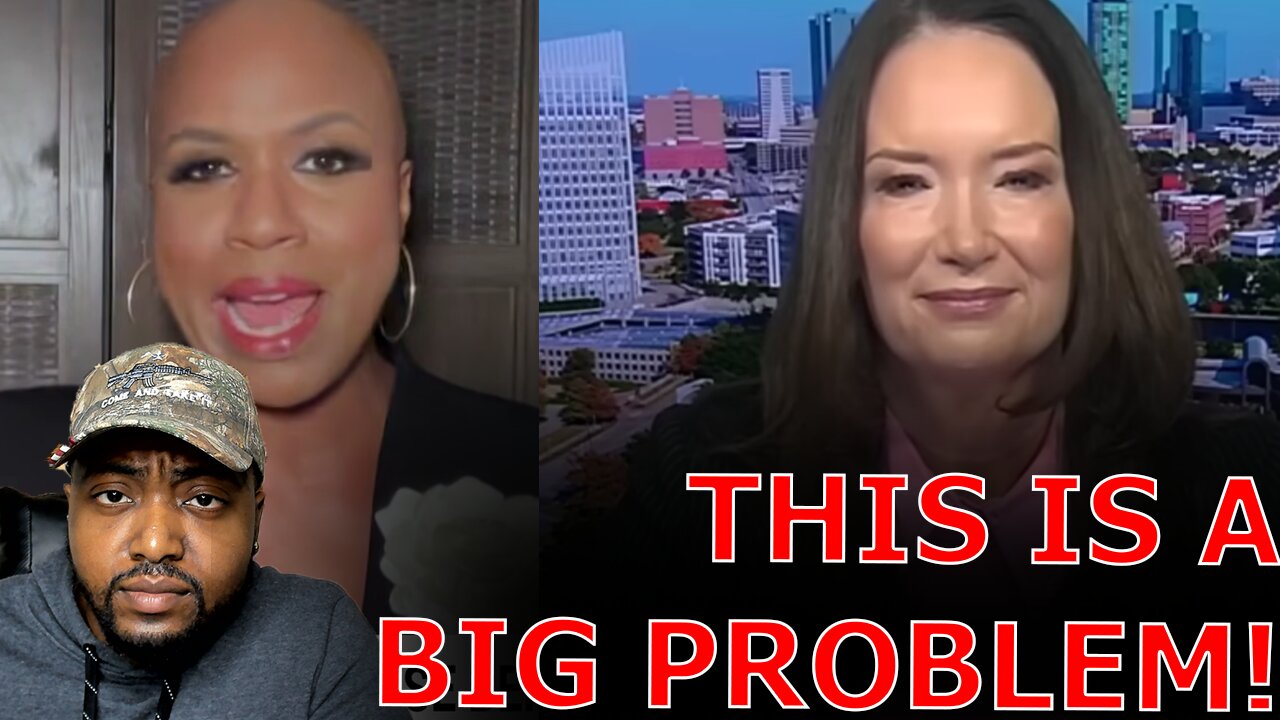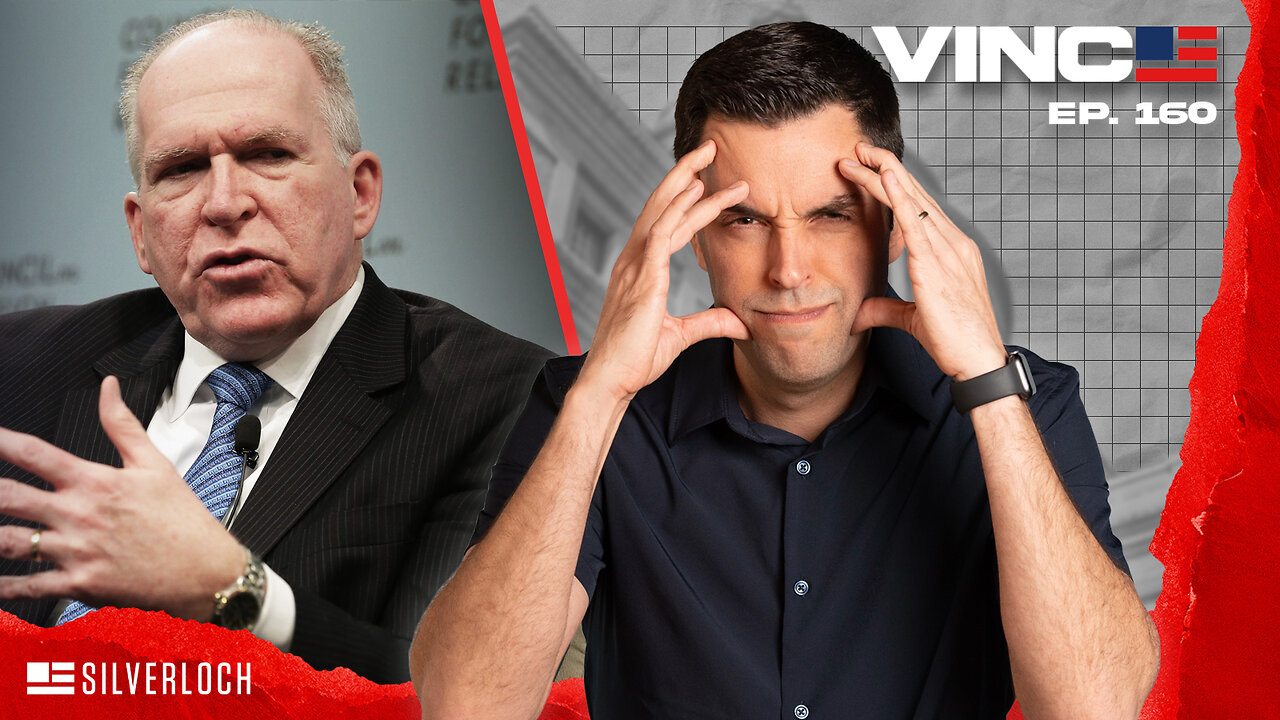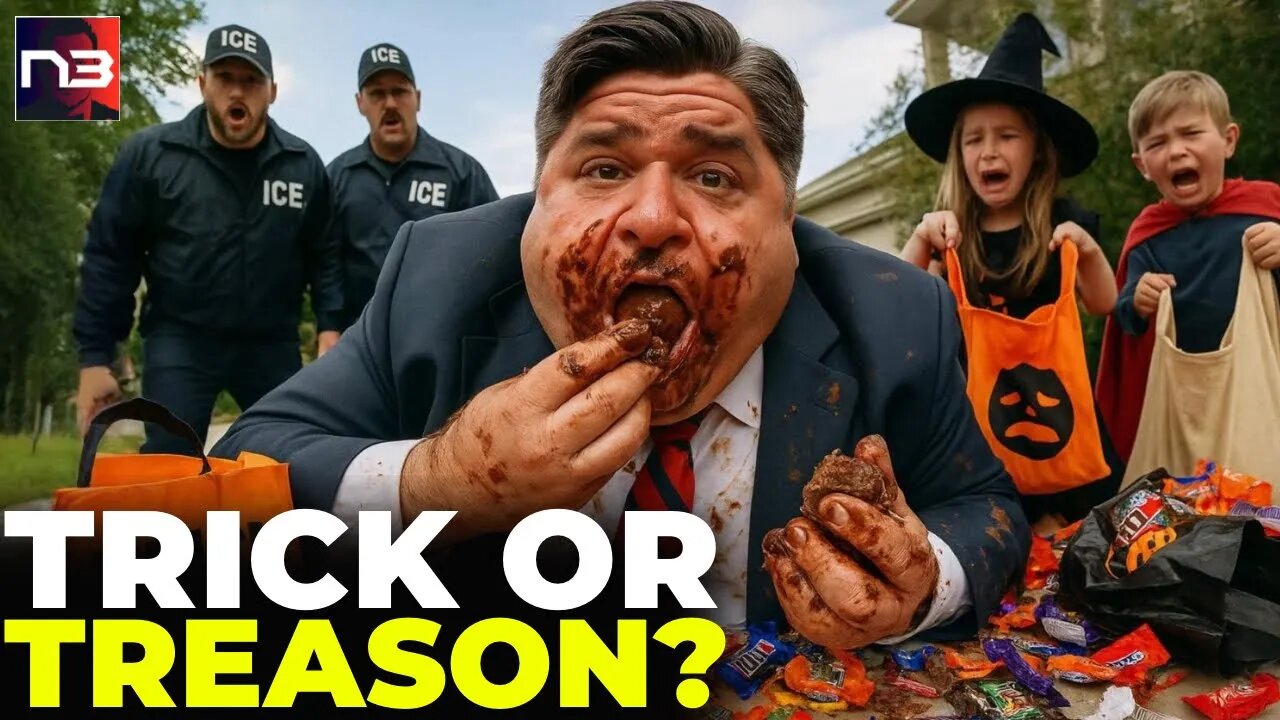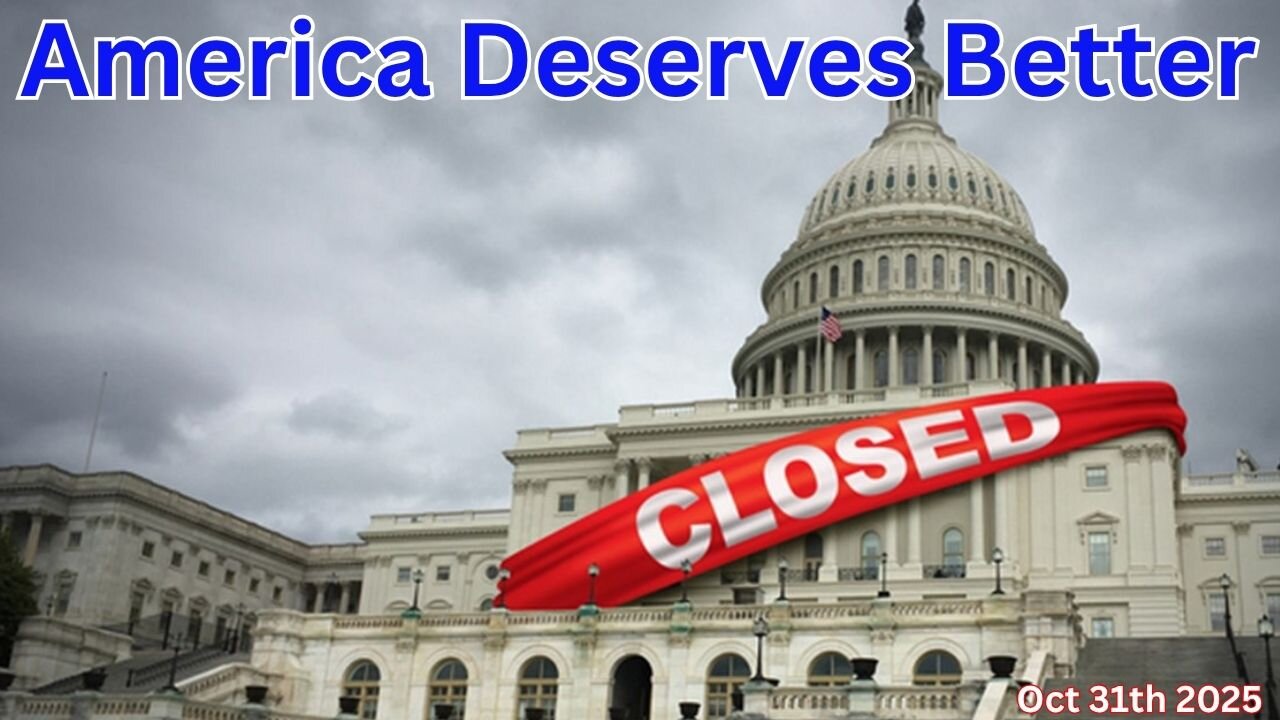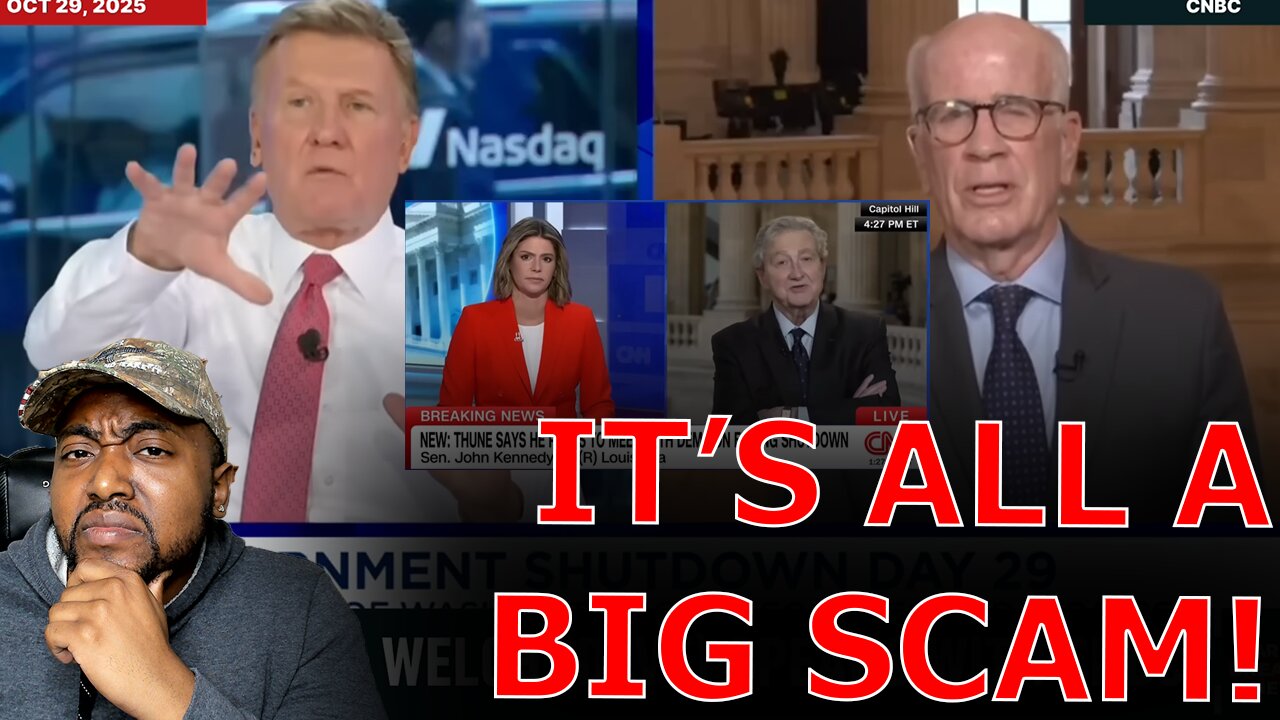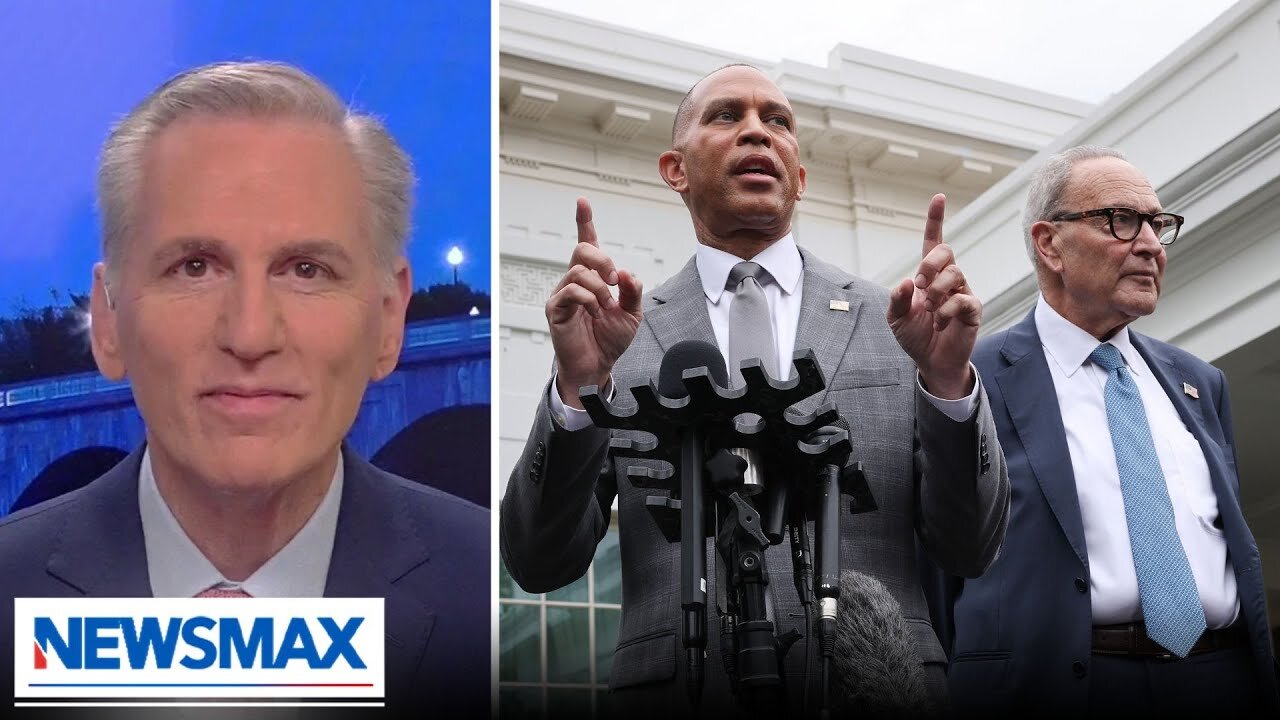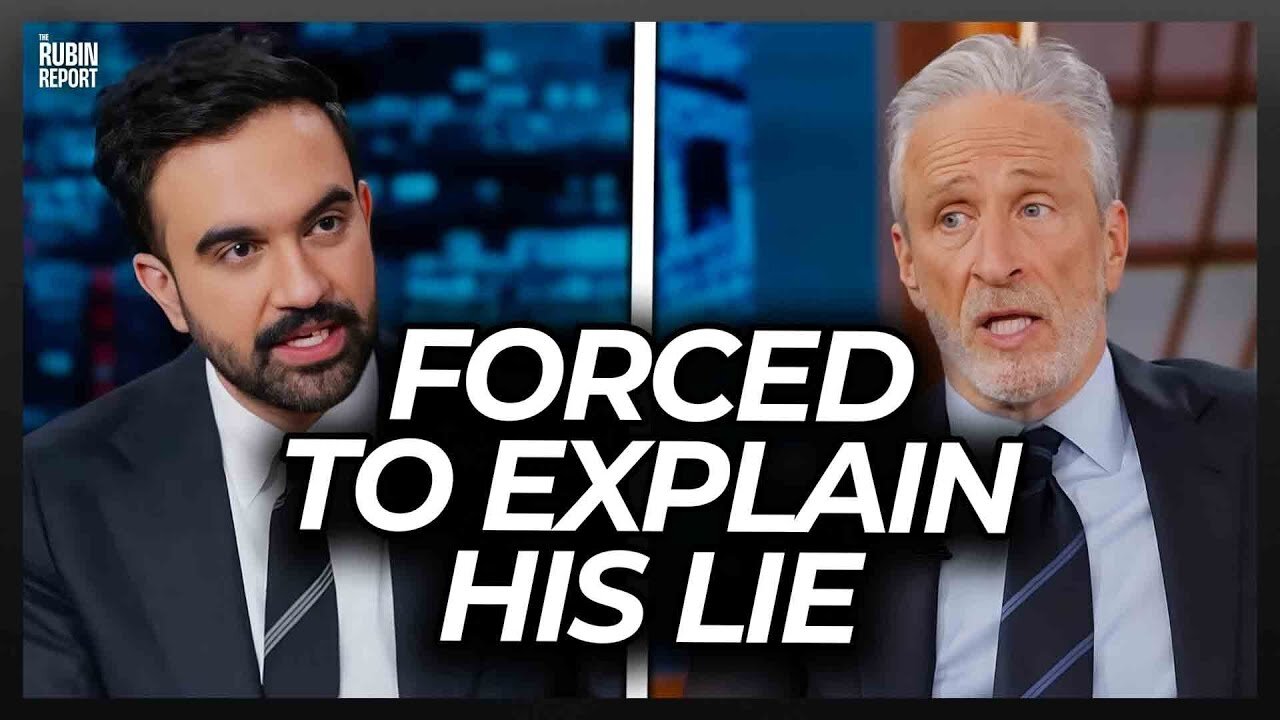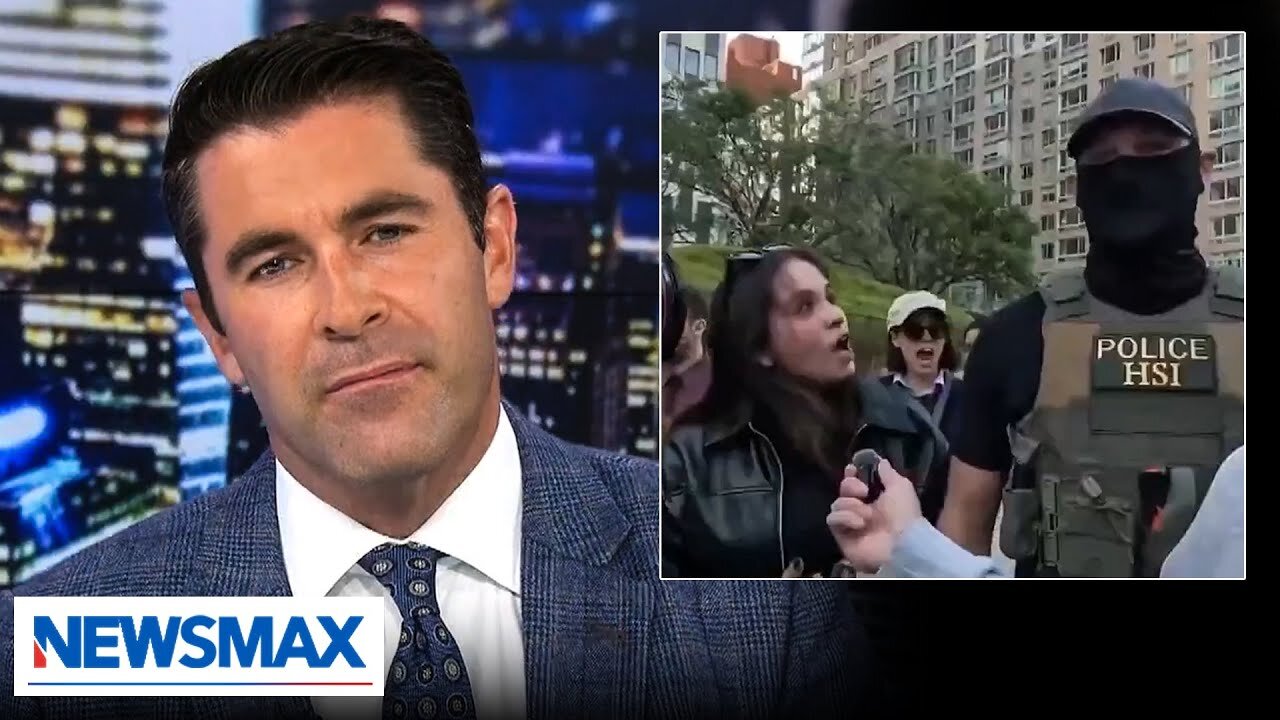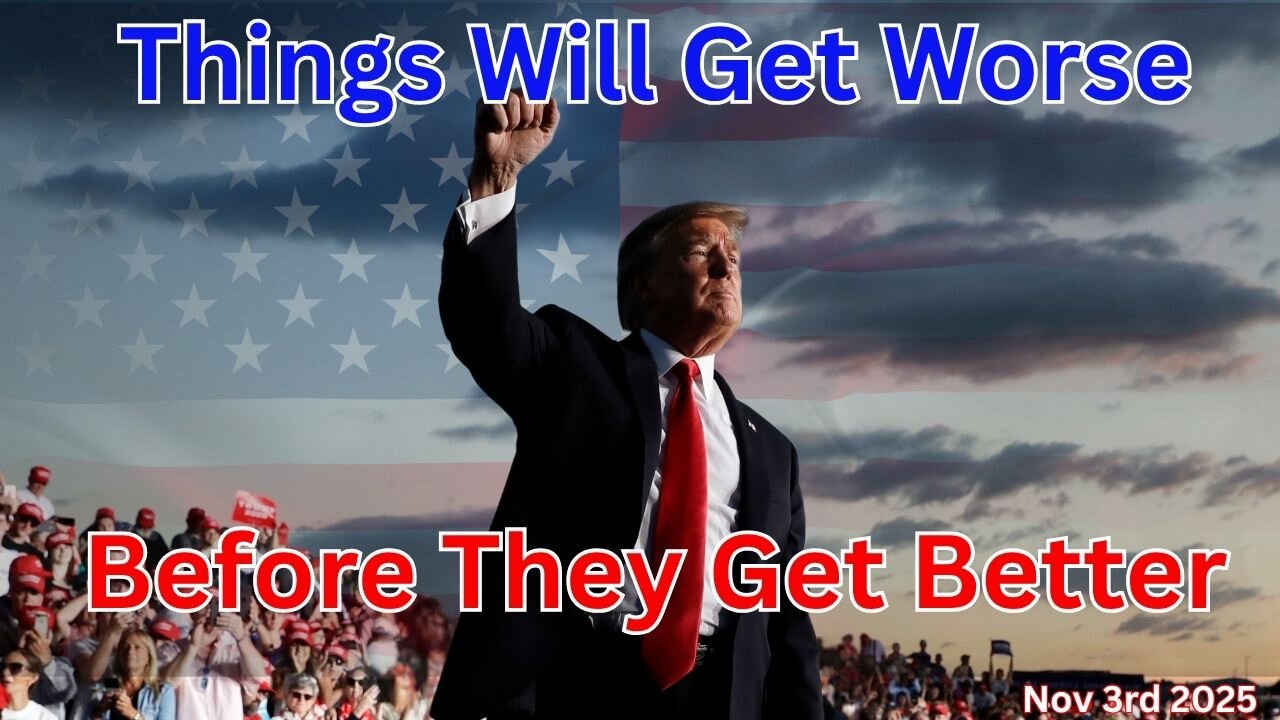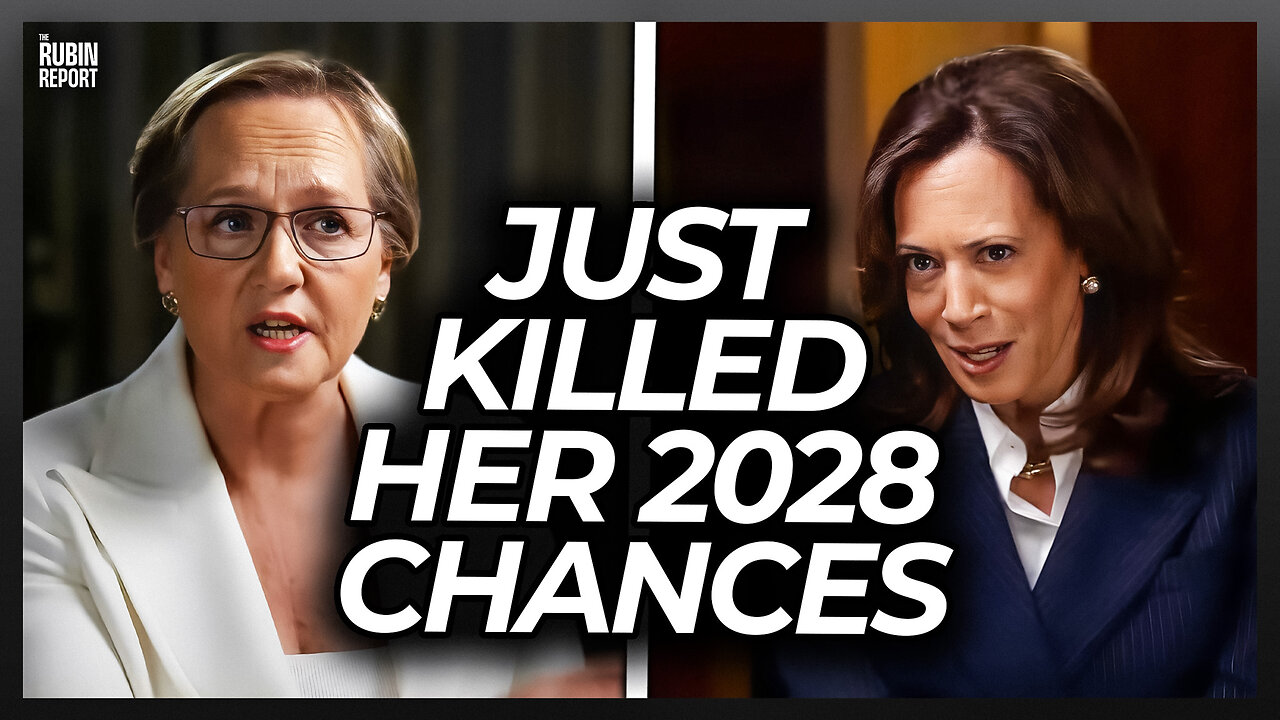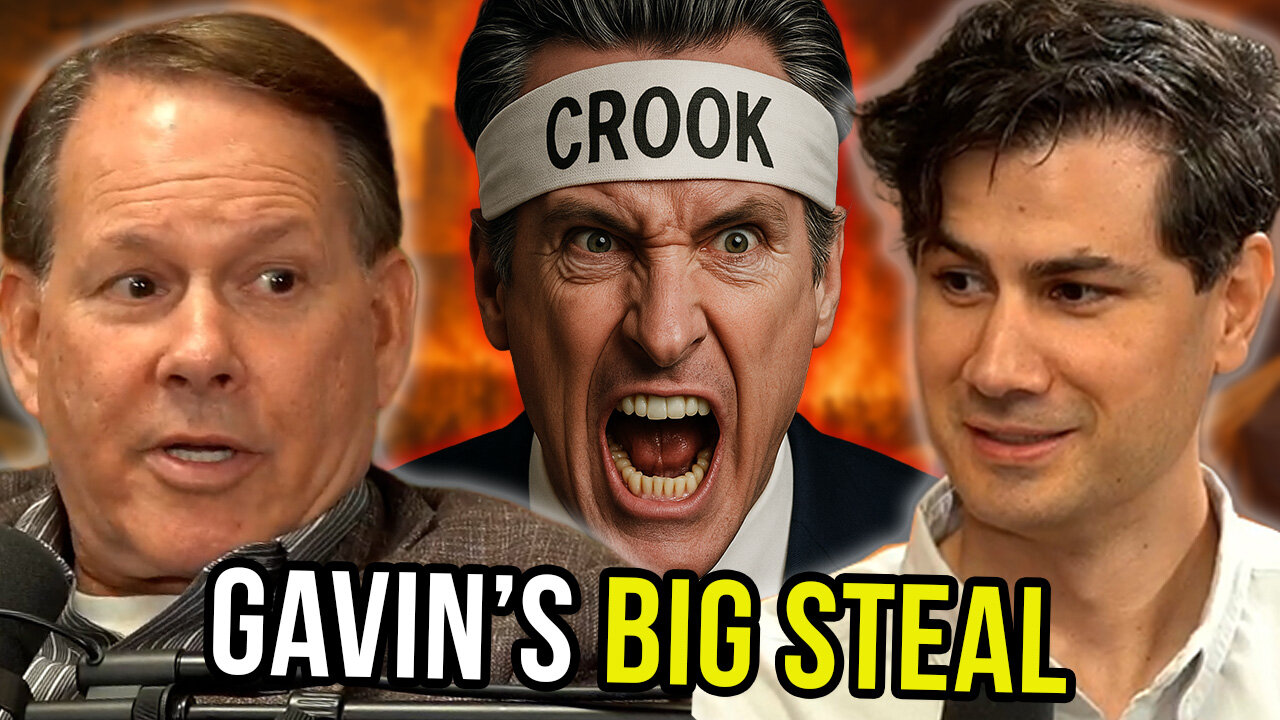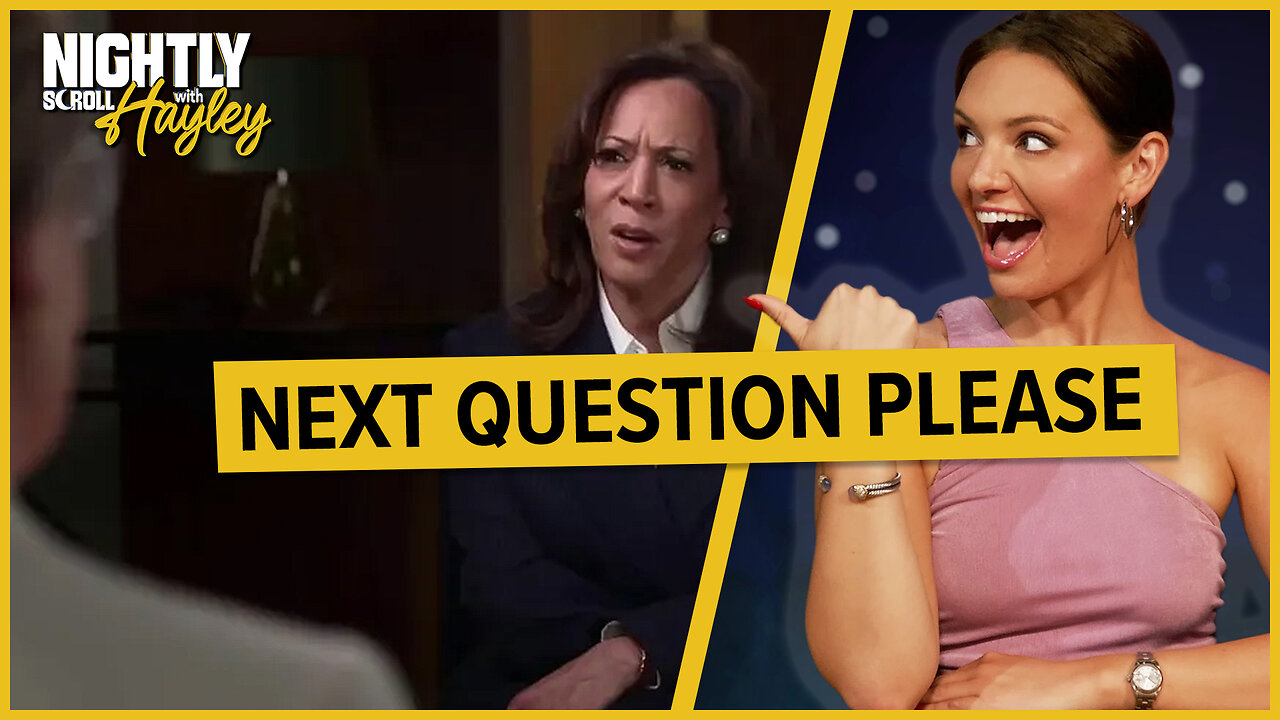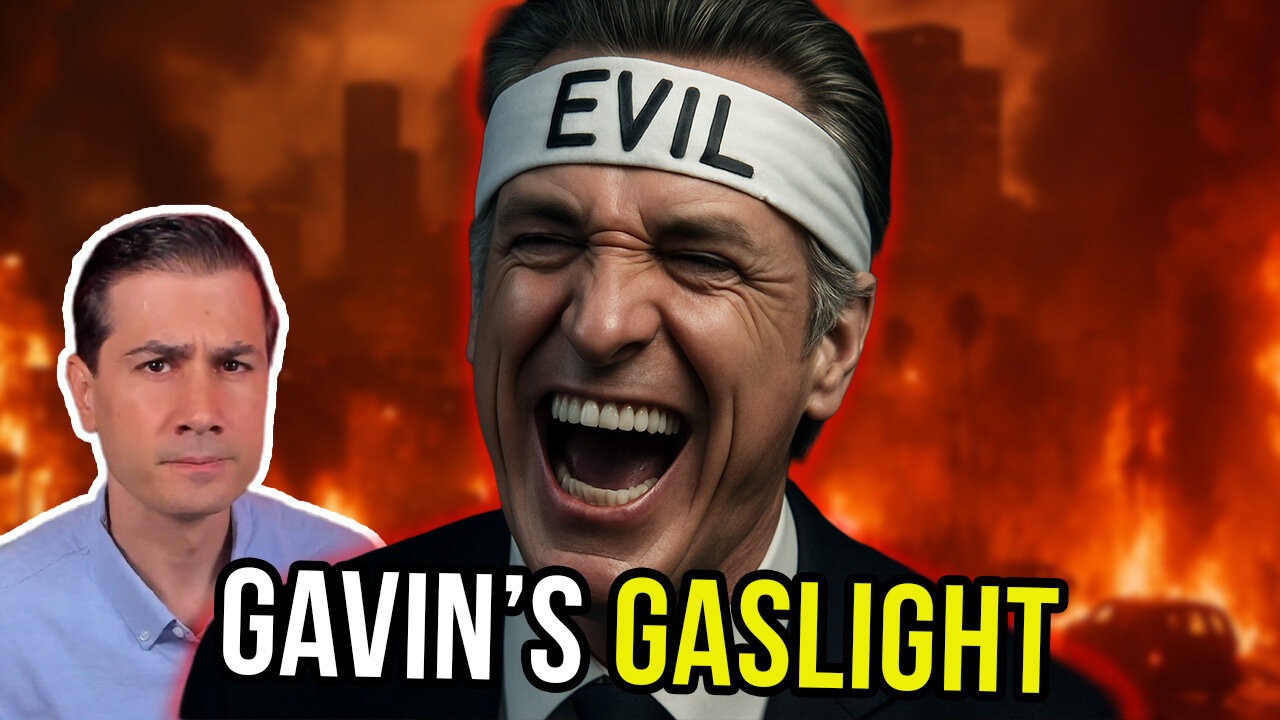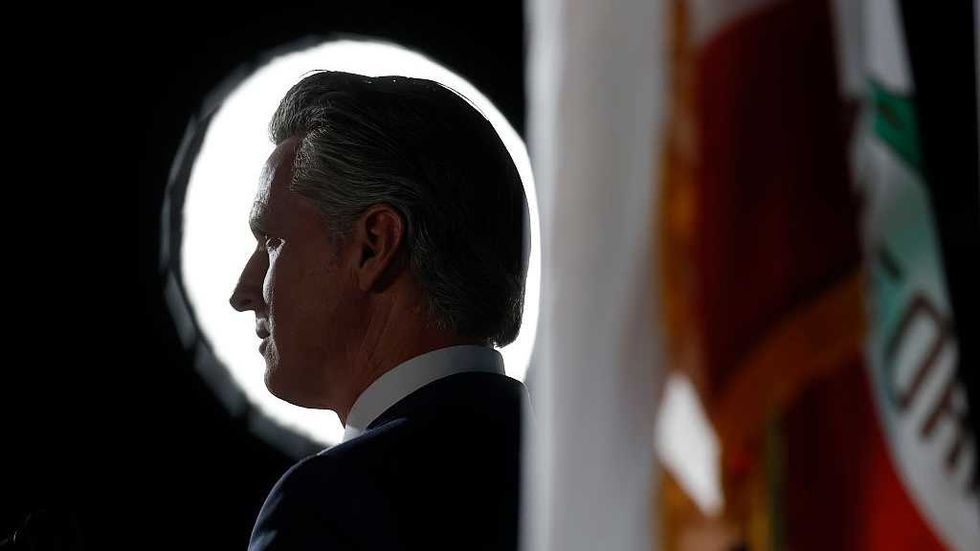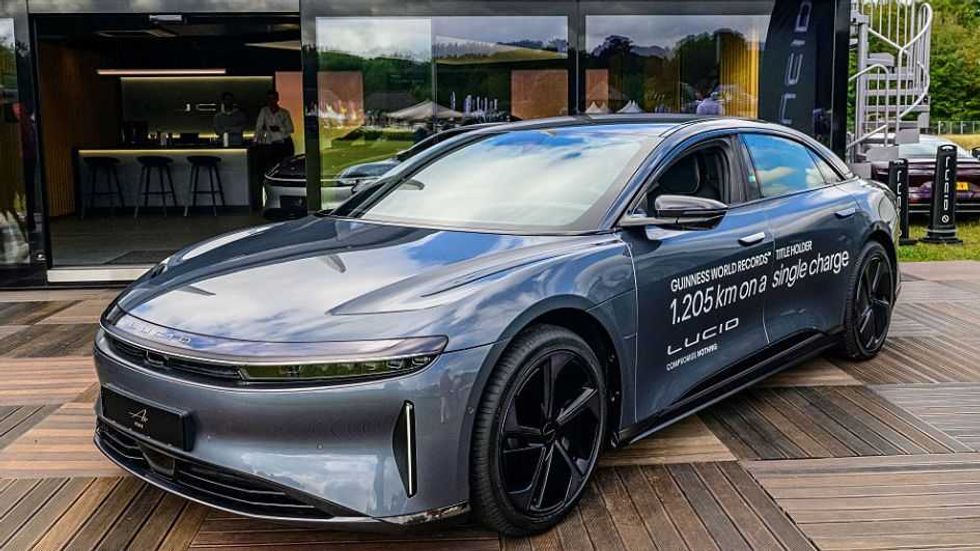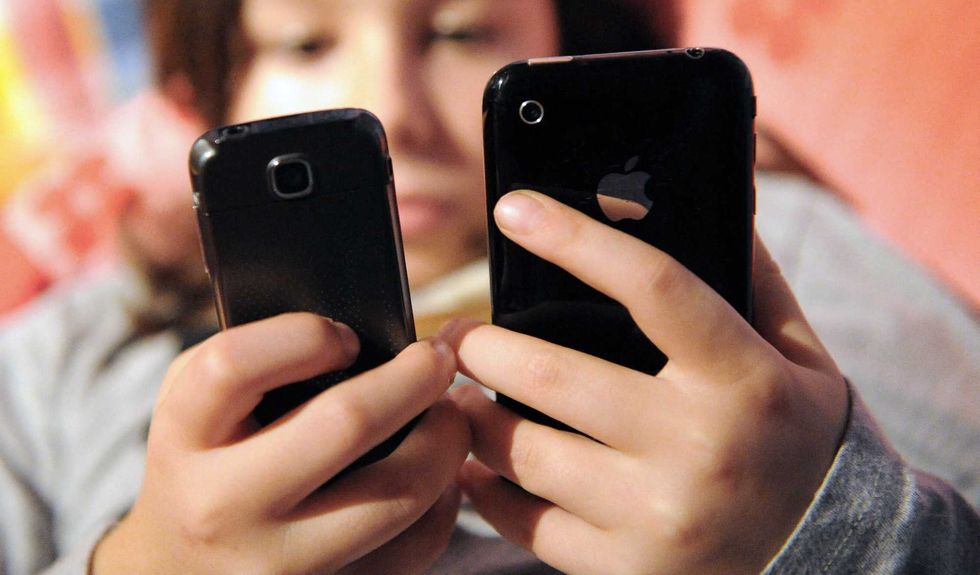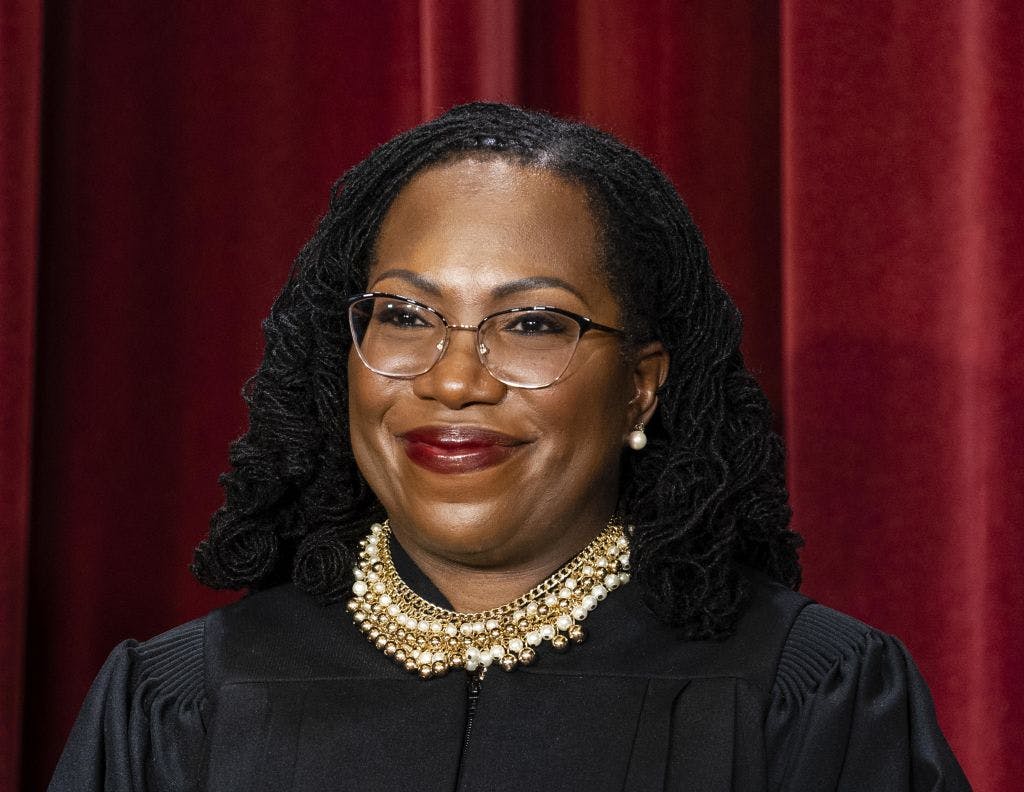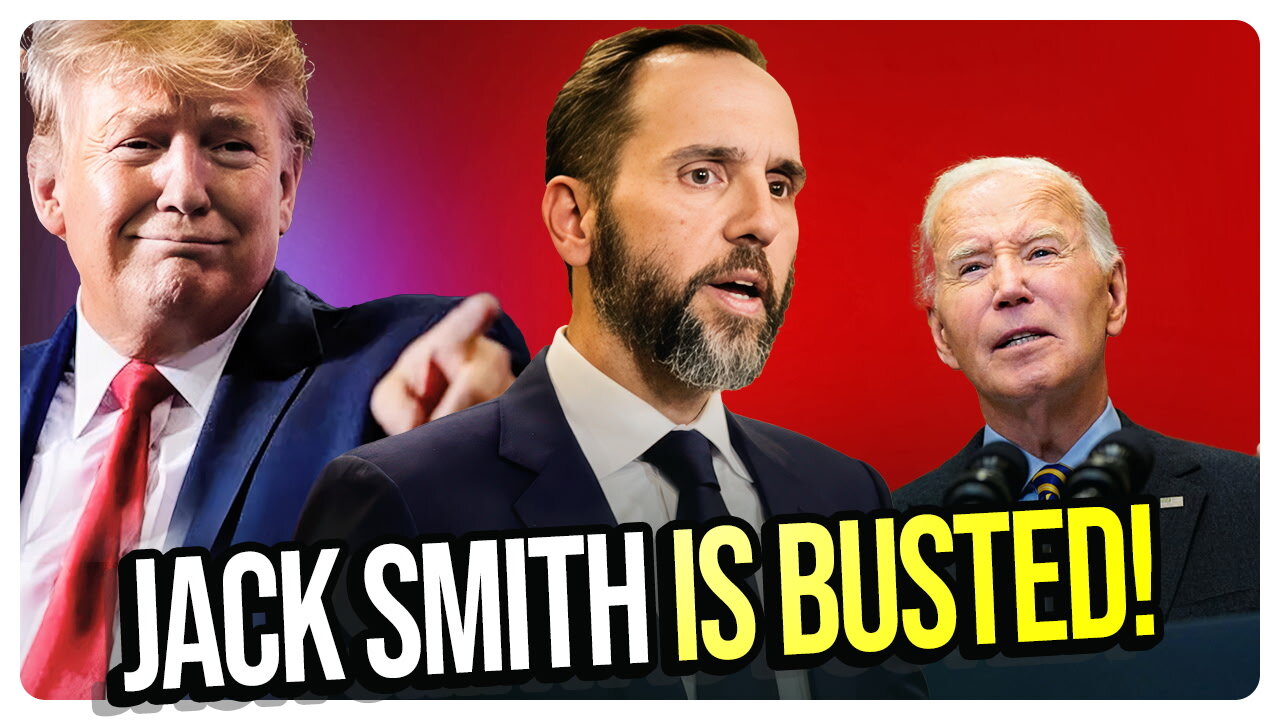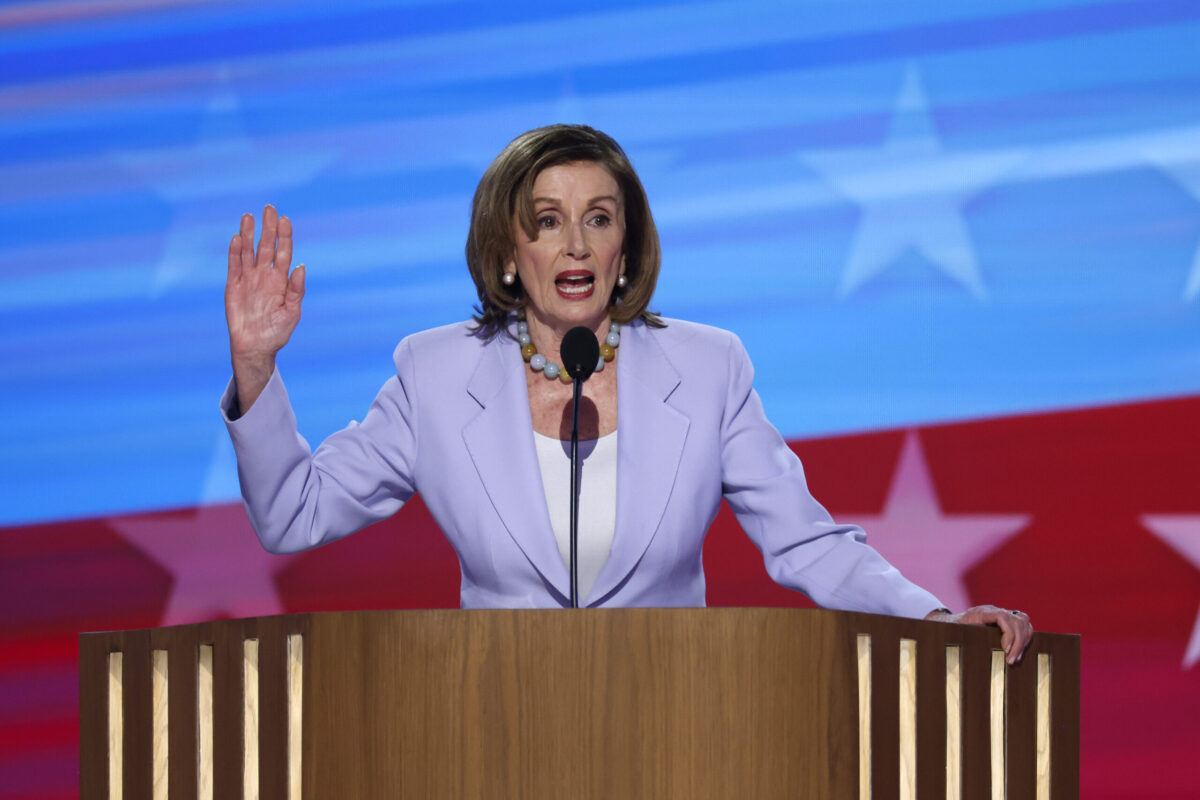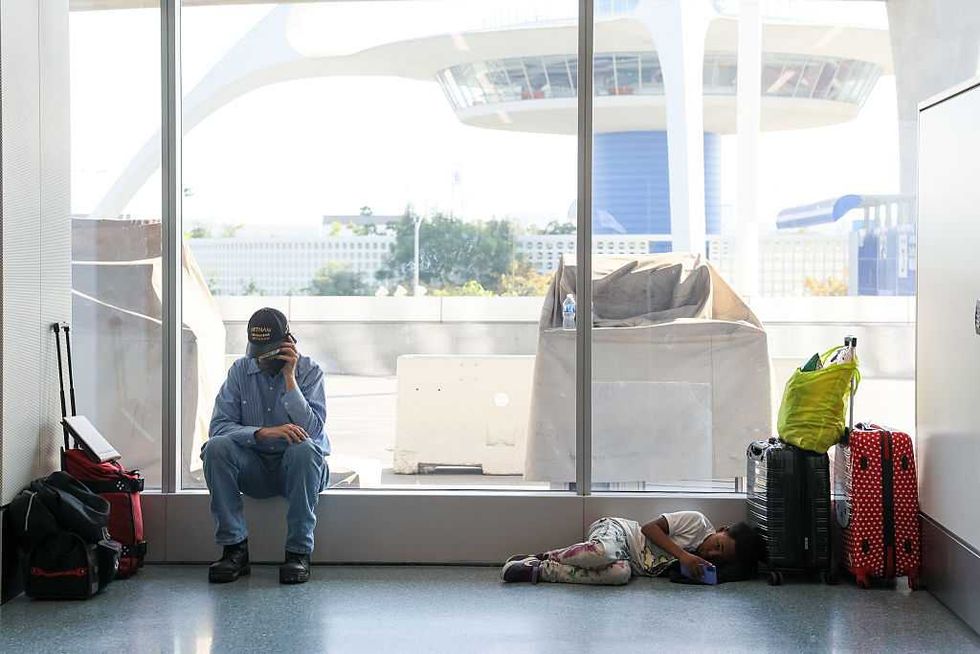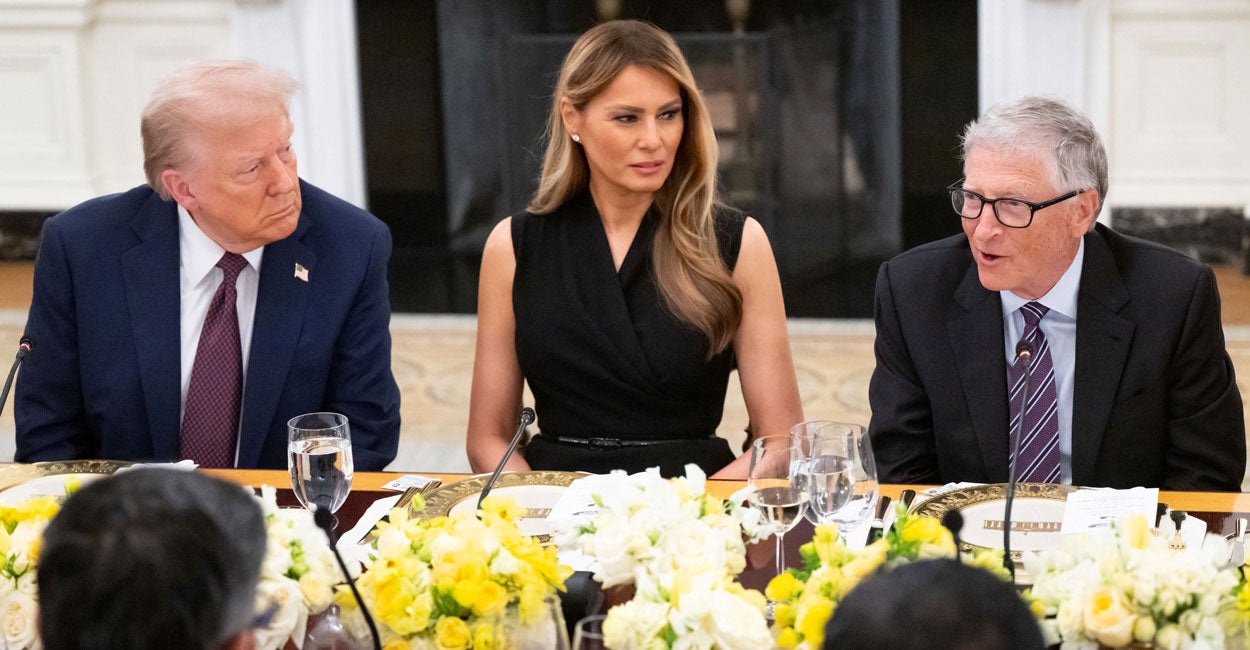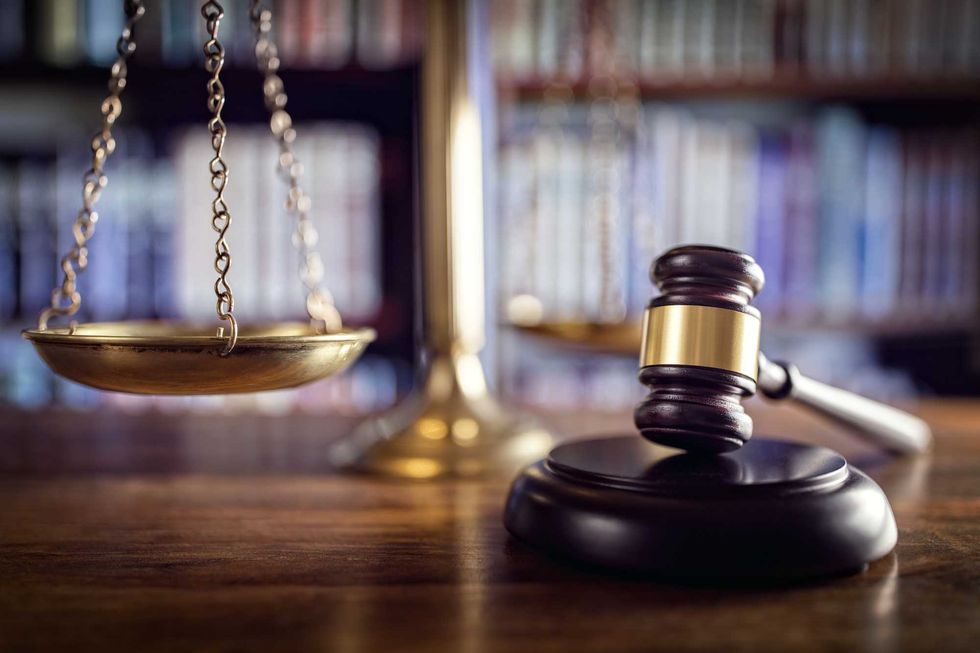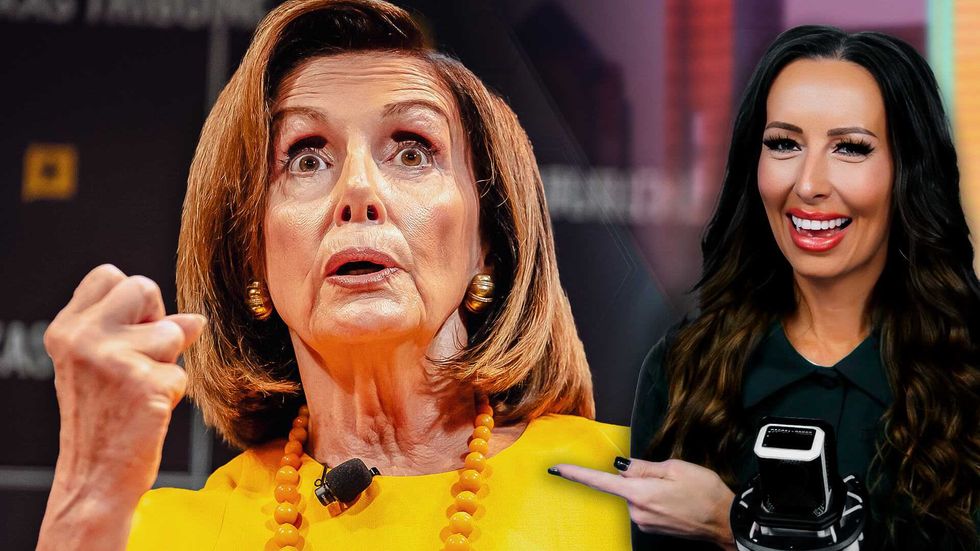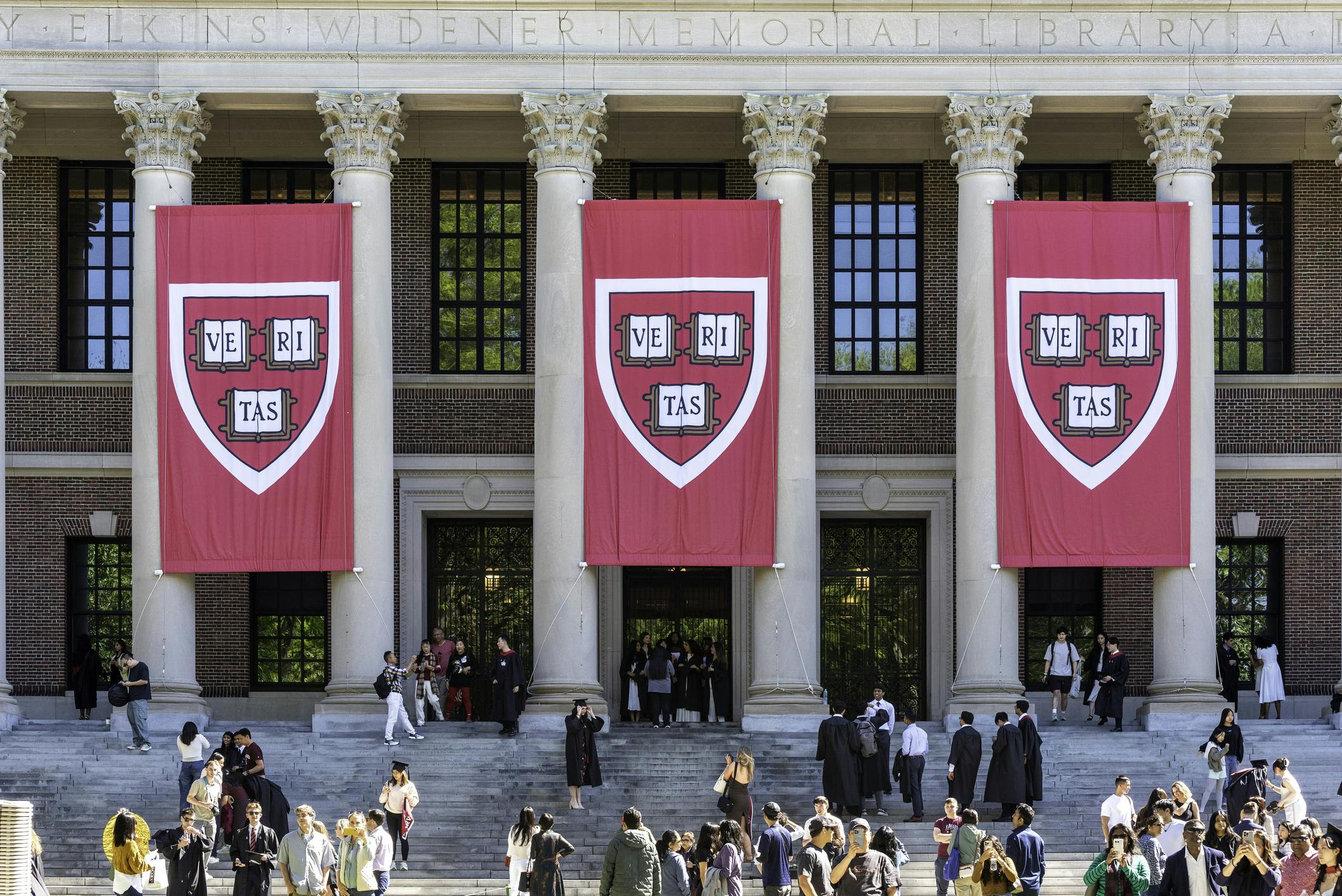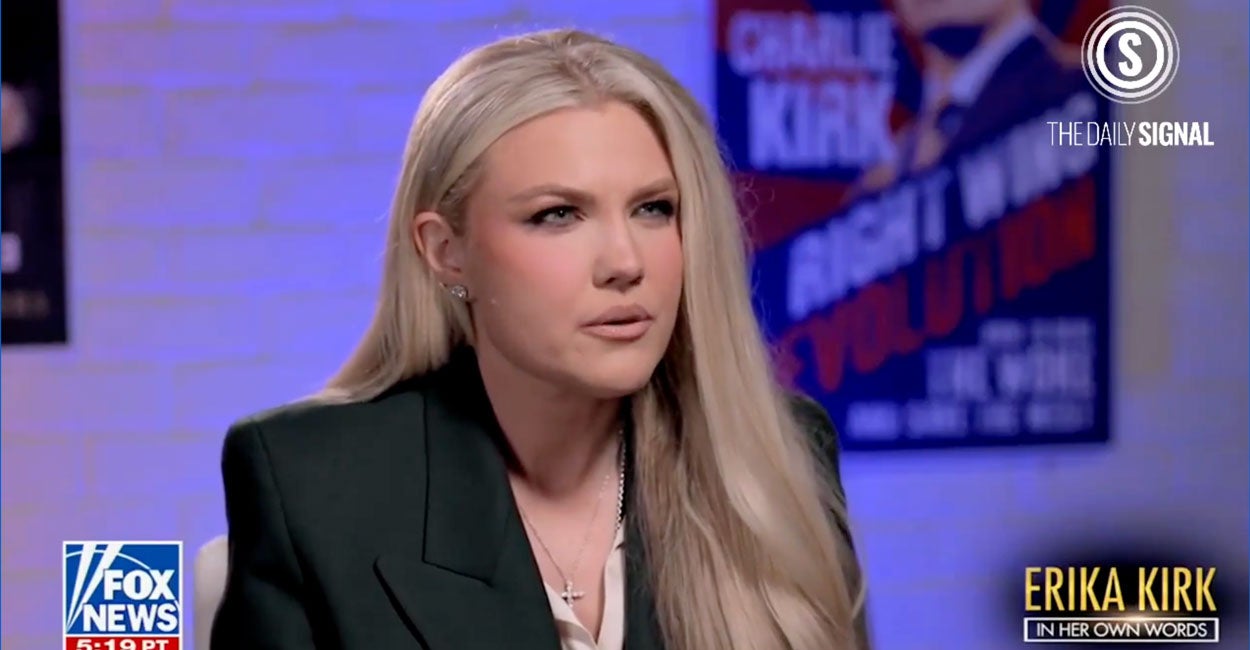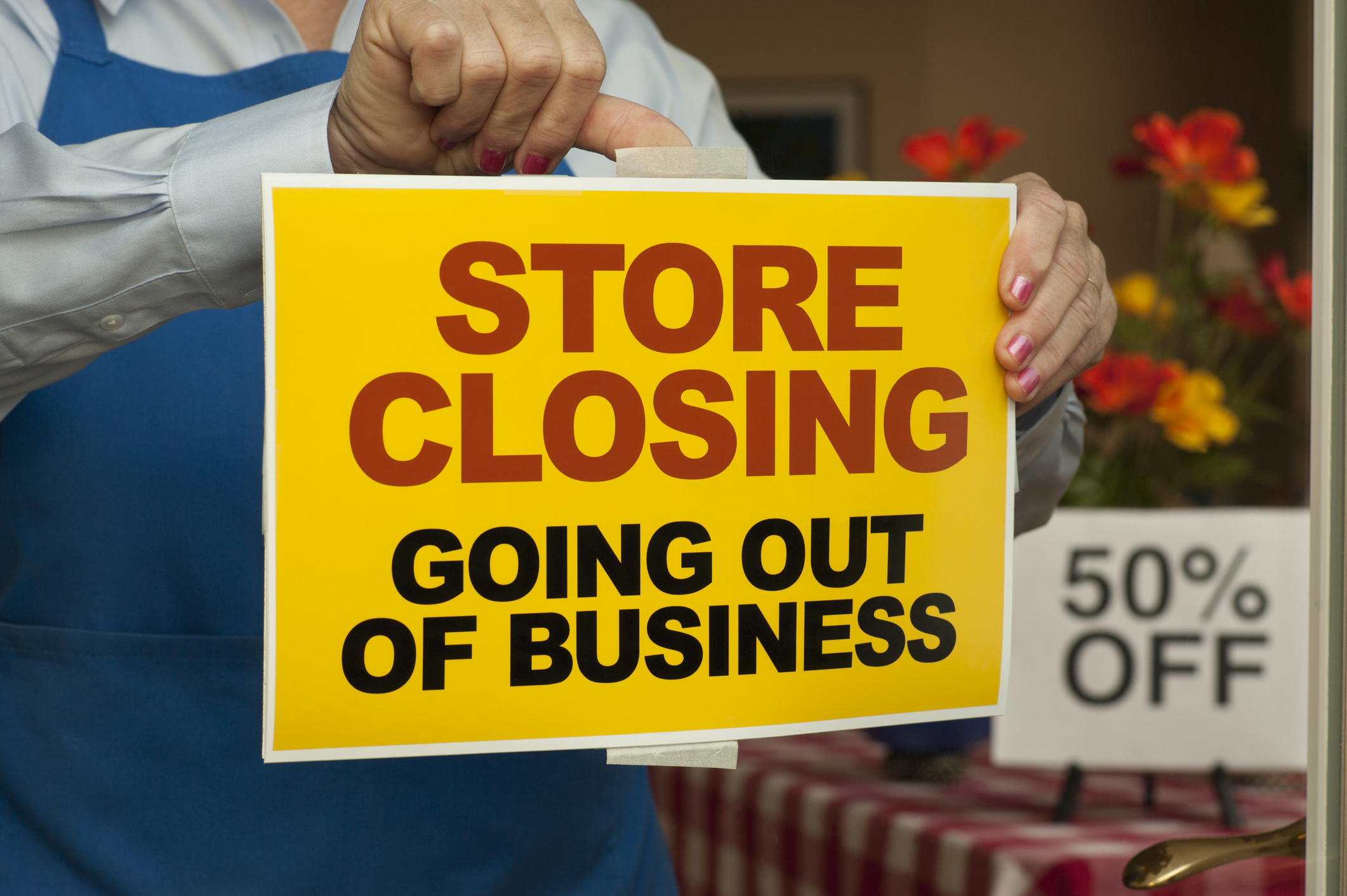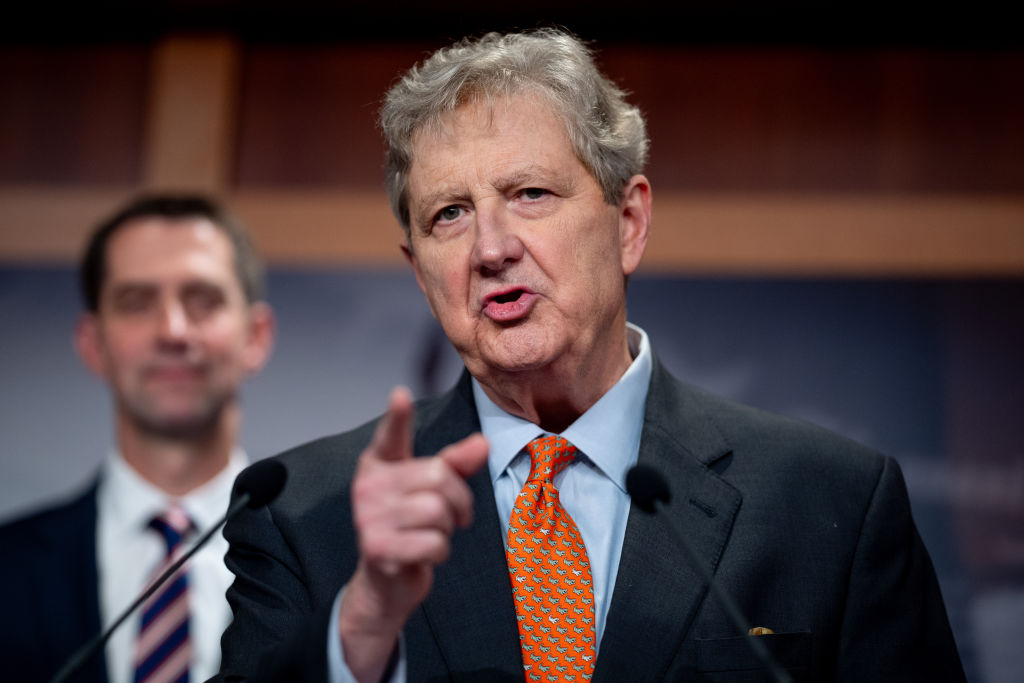Morning Brief: Qatar Force One And Trump’s ‘Consequential’ Drug Price Plan

President Trump signs an executive order to stop Big Pharma from charging Americans more than their European counterparts. Stocks surge after tariffs are slashed, as the U.S. and China announce a temporary truce in the trade war. And, Air Force 1 needs an update. Will Trump accept the offer of a $400 million “flying palace” from Qatar?
It’s Tuesday, May 13, and this is the news you need to know to start your day.
Morning Wire is available on video! You can watch today’s episode here:
If you’d rather listen to your news, today’s edition of the Morning Wire podcast can be heard below:
Trump EO To Lower Drug Prices
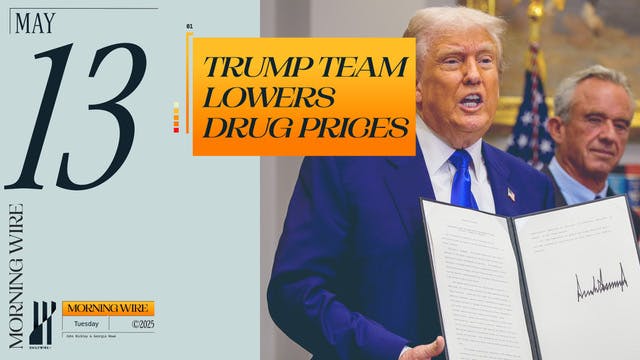
Topline: President Trump signed what he called “one of the most consequential Executive Orders in our Country’s history” on Monday to dramatically lower the prices of prescription drugs.
Trump said his newest executive order would lower drug prices in the U.S. by up to 80% by implementing the “most favored nation” policy, cutting out industry “middlemen,” and compelling the European Union and other allies to pay for research and development of various drugs. He argued that since other nations set price controls for drugs, it’s been America that’s left taking on all these research and development costs.
“Starting today, the U.S. will no longer subsidize the healthcare of foreign countries,” Trump said. “We will no longer tolerate profiteering and price gouging from Big Pharma. But again, it was really the countries that forced Big Pharma to do things that, frankly, I’m not sure they were comfortable doing.”
The order will allow Americans to buy drugs directly from manufacturers, cutting out pharma “middlemen.” These so-called “middlemen,” pharmacy benefit managers (PBMs), work with insurance providers to negotiate prices with drug companies in exchange for including the drugs in their coverage. Critics say PBMs are not transparent and don’t have an incentive to lower drug prices for Americans. The order also sets a 30-day deadline for HHS to work with drugmakers to reduce the costs of these prescription drugs. If a deal is not reached, a new rule will kick in that will effectively lower the drug price to what other nations are paying for them.
“The fundamental problem in healthcare is we’ve had non-competitive markets,” Dr. Marty Makary, the head of the Food and Drug Administration, said on Monday. “We can do little things around the edges, or we can transform those markets to competitive markets and that’s what this executive order does today.”
Democrats, who as a general rule have opposed President Trump’s policies, have remained mostly silent on this executive order. Senator Bernie Sanders (I-VT), an independent and democratic socialist who caucuses with the Democrats, said that he agrees with Trump about the high prices of prescription drugs, but he did not back this EO, arguing that it would be blocked by the courts. Trump implemented a similar regulation for certain cancer drugs during his first term. The Biden administration, however, abandoned the regulation after a court struck it down on procedural grounds. Sanders also made it clear that he doesn’t agree that the European Union or Canada needs to pay their “fair share” – he thinks prices should be lowered for everyone.
Stock Market Soars As U.S./China Slash Tariffs

Topline: Stocks soared Monday after the United States and China formally agreed to a temporary trade deal that will dramatically lower tariffs across the board.
After formal negotiations in Switzerland last weekend, China agreed to cut tariffs on American imports from 125% to just 10%, while the United States will cut rates from 145% to 10%. Beijing also agreed to eliminate or suspend non-tariff countermeasures against the United States, which means that their ban on rare earth mineral exports could come to an end.
“Yesterday, we achieved a total reset with China,” President Trump said on Monday. “After productive talks in Geneva, both sides now agree to reduce the tariffs imposed after April 2nd to 10% for 90 days as negotiators continue on the largest structural issues.”
This deal is a stunning reversal of hostilities — ahead of last weekend’s meetings, for example, even Treasury Secretary Scott Bessent seemed to think a deal was a long way off, saying his goal was “de-escalation… not a big trade deal.”
Clearly, the Chinese were more willing to negotiate than many expected — Beijing signed on to a joint statement that referenced a “spirit of mutual opening, continued communication, cooperation, and mutual respect.” That’s quite a different message than we heard last month, when the Chinese were calling the U.S. bullies who would be made to pay. As more proof of the improvement in relations, the two sides also agreed to establish a formal process for streamlined trade talks in the future, including using a third country as a mediator.
However: The Trump administration has made clear that while it is willing to open up the flow of certain Chinese goods, it wants to break U.S. reliance on essential imports like weapons, technology, and pharmaceuticals.
“The United States will continue a strategic rebalancing in many areas that were exposed as supply chain weaknesses during COVID,” Secretary Bessent said on Monday. “Whether it’s medicines, whether it’s semi-conductors, steel … we will continue moving towards U.S. independence or reliable supplies from allies.”
Following news of the deal, the Dow Jones Industrial Average jumped more than 1000 points, the S&P 500 rose more than 3%, erasing all its losses from last month, and the NASDAQ shot up more than 4%, marking a 20% increase from its recent low in April.
“Flying Palace” To Replace Air Force One?
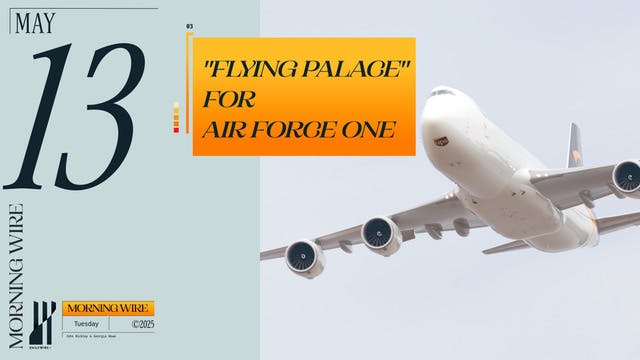
Topline: Trump is off to the Middle East this week for what the White House promises to be a trip of dealmaking and diplomacy. But the president’s trip is off to a controversial start thanks to a story about a $400 million Qatari airplane.
On Sunday, ABC News reported that the Qatari royal family planned to give Trump a $400 million super luxury Boeing 747-8 jumbo jet described as a “floating palace.” The plane would reportedly be available for Trump to use in lieu of Air Force One by the end of his term, and then – according to some initial reports – transferred to his presidential library. Trump says it’s merely the Qataris helping the United States replace Air Force One, which is 40 years old, and, according to Trump, in need of some serious upgrades. Speaking to reporters before departing for the Middle East yesterday, Trump said the Qataris knew Boeing had delayed production of the new jet he wanted, and stepped in to help.
“I think that was a very nice gesture,” the president said. “Now, I could be a stupid person and say ‘Oh no, we don’t want a free plane’ … I would never be one to turn down that kind of an offer.”
However, not everyone sees this as just a goodwill gesture. Qatar is one of the wealthiest nations in the world, and uses its wealth to gain influence in the United States – and many, many other countries. It frequently invites politicians on luxurious, state-funded junkets to the Middle East. But that influence-buying sparks suspicion, because Qatar also uses its oil money to bankroll Hamas terrorists and Middle Eastern news powerhouse Al Jazeera. The country has also been accused of a lengthy list of human rights violations, so any collaboration with the Qataris is bound to raise some eyebrows.
Notable MAGA loyalists, including pro-Trump activist Laura Loomer, were quick to condemn the decision, warning that accepting the plane was bad optics at best, and a security risk at worst. Trump, for his part, is staying on the offensive, calling accusations of conflict of interest “fake news.”
Qatar’s media attaché to the United States has been making the rounds since the ABC story broke, telling reporters that the aircraft transfer would only be used temporarily, and that nothing has been finalized yet.
Originally Published at Daily Wire, Daily Signal, or The Blaze
What's Your Reaction?
 Like
0
Like
0
 Dislike
0
Dislike
0
 Love
0
Love
0
 Funny
0
Funny
0
 Angry
0
Angry
0
 Sad
0
Sad
0
 Wow
0
Wow
0
